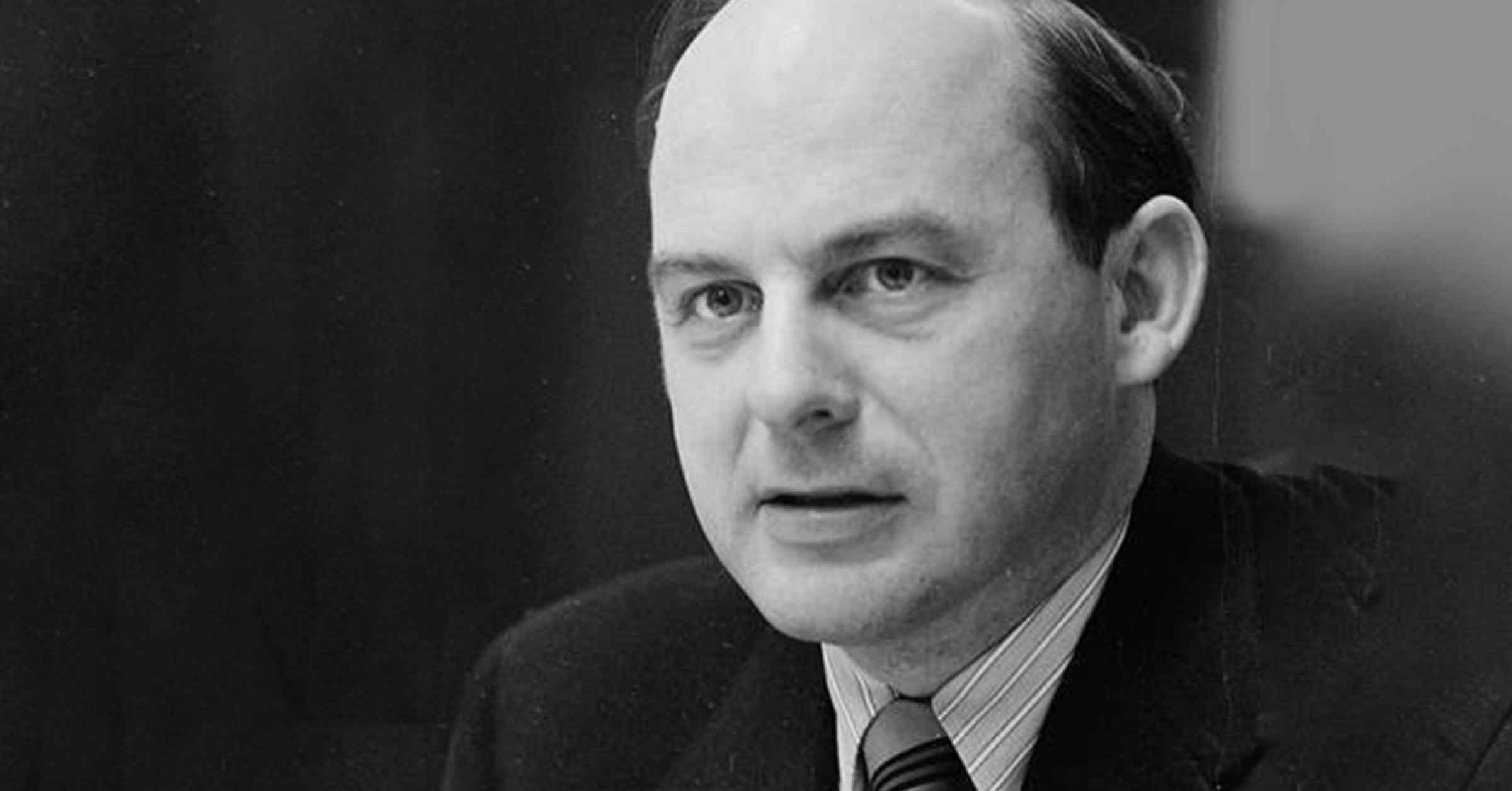
Senator Adlai Stevenson III passed away last week. Adlai was a friend of mine, served on the board of the first tech startup venture fund I joined during the dotcom boom, Globalgate, which was the investor behind Yellowpages.com. He was a founding advisor to Jane Capital, the investment firm I cofounded in San Francisco in 2001 at the age of 25, resulting in numerous energy tech startups, and was on our Board of Advisors for over a decade. His father, Adlai, was Governor of Illinois and two time Democratic Presidential Nominee against Eisenhower, his great-grandfather Adlai was Vice President under Grover Cleveland, and ran for Vice President with William Jennings Bryan. My Adlai, Adlai III, gets overshadowed in the history books, but he was a two term US Senator whose work in the 1970s had long lasting impacts, arguably quietly more important in the long term than his famous father and great grandfather.
While I had the unique luxury of knowing and working with him, his legacy touches almost every startup and venture investor today, certainly all of those in energy and cleantech, whether they know it or not. “Stevenson co-authored the energy legislation of the mid-1970’s as Chair of the Senate Subcommittee on Oil and Gas Production, including legislation to establish the Department of Energy, fuel efficiency standards, emergency natural gas pricing and projects for development of alternative energy sources. To promote economic competitiveness, he authored the Stevenson-Wydler Technology Innovation Act which spurred cooperative research and the technological innovation which followed in the 1990’s.” – Adlai E Stevenson obituary, Adlai3.com
The Department of Energy Organization Act of 1977 created the DOE, including the EIA and FERC, and established the Office of Energy Research arms of the Department of Energy, including the research arms for solar, geothermal, fossil, and energy conservation et al that have been instrumental in almost every major area of energy technology for decades.
The Stevenson-Wydler Act of 1980, was the first major tech transfer law, enabled and required National Labs to do technology transfer to private companies for technology commercialization, and created the CRADA (Cooperative Research and Development Agreement) which thousands of private companies including some of mine, have used over the years. Without Stevenson-Wydler, it is likely that not a single startup that has its core patents licensed from or developed with a national lab, be it NREL, ORNL, LBL, LBNL, ANL, IDNL, SRNL, or under CRADAs with DOE, EPA, NIH, NIST et al, would exist. The labs and agencies have done tens of thousands of CRADAs over the years, with examples including both of the US’ two major PV technology pioneers, First Solar and SunPower, who were early and large beneficiaries in the 80s and 90s. In fact, our Cleantech.org portal itself started by publishing a webapp built on an NREL investor database, and a library of research including goings on in the national labs’ energy commercialization world, all which were part of the same National Lab Tech Transfer offices created by Stevenson-Wydler before I was 5 years old.
Adlai also helped co-author a sister law, the Bayh-Dole Act of 1980, which granted universities the rights to patents developed with federal research dollars, and allowed exclusive licensing of patents developed with Federal funds to private companies, creating the modern technology licensing office. Without Bayh-Dole not a single startup whose patents or technology was developed at a university would likely exist, as virtually every patent developed at a University includes some Federal dollars. While the impact of Bayh-Dole has been well researched, Stevenson-Wydler is less well known, but quietly set the stage, and Senator Stevenson played a key role in all three seminal formational energy and technology laws, but rarely laid claim to being more than a participant among colleagues.
Once when we were spinning Smart Wires out of Jane Capital and I was negotiating the license from the Georgia Tech’s technology licensing office, the TLO kept demanding language in the license restricting our ownership of future derivatives that we might develop, claiming the language they wanted was required under Bayh-Dole. (It wasn’t.) It was driving me up the wall and I ended up ranting a bit to Adlai who laughed and told me, you go tell those guys that I wrote that law, and what they’re saying isn’t true. This was the first time I fully realized the impact he’d had. We did eventually get the license done in a win-win for everyone involved, and that company has IPO’d and the technology is on the grid in dozen countries now.
Adlai and I did not agree on politics, he was a Democrat, I’m a Libertarian. We did agree that politics is generally best discussed sitting in arm chairs with a glass of whiskey, and any hard feelings should be left at the door when you’re done. And that policy, and politics, is messy. He lost one of the closest Governor’s races ever, and later took a shot as a third party candidate. He was one of my first calls when I was Nominated for US Senator from Texas for the Libertarian Party in 2018. I’ve kept his note to me: “Congratulations. Not sure what Libertarian suggests and hope opposition to Cruz not diluted. In any event, you are needed. It’s not too late.” But while we didn’t always agree on policy, we certainly agreed that the future of technology in energy is bright (he later served on the board of an early home energy automation startup), and any technology funded by public funding or in national labs ought to be available and commercialized in private hands and not left in a government vault. There is no denying the impact his work has had. I think he would have considered the Energy Transition just the next thing for forward looking people to go do.
Quickly scanning through the list of successfully startups in energy and cleantech, and the venture capital funds that invest in them, and I’d imagine most of us owe Adlai III, a two-term Senator whose biography is usually overshadowed by his famous father and grandfather, but whose own bipartisan work 4 decades ago helped set the stage for virtually the entire cleantech sector today regardless of your view on politics, and whether you knew it or not.
For Reference:
Stevenson-Wydler Technology Innovation Act of 1980
Patent Ownership and Federal Research and Development (R&D):
A Discussion on the Bayh-Dole Act and the Stevenson-Wydler Act
Department Of Commerce Report On The Activities Conducted Pursuant To Sections 5, 6. 8. 11. 12 And 13 Of The Stevenson-Wydler Technology Innovation Act Of 1980 (Public Law 96-480) – Latker
Share this Post

